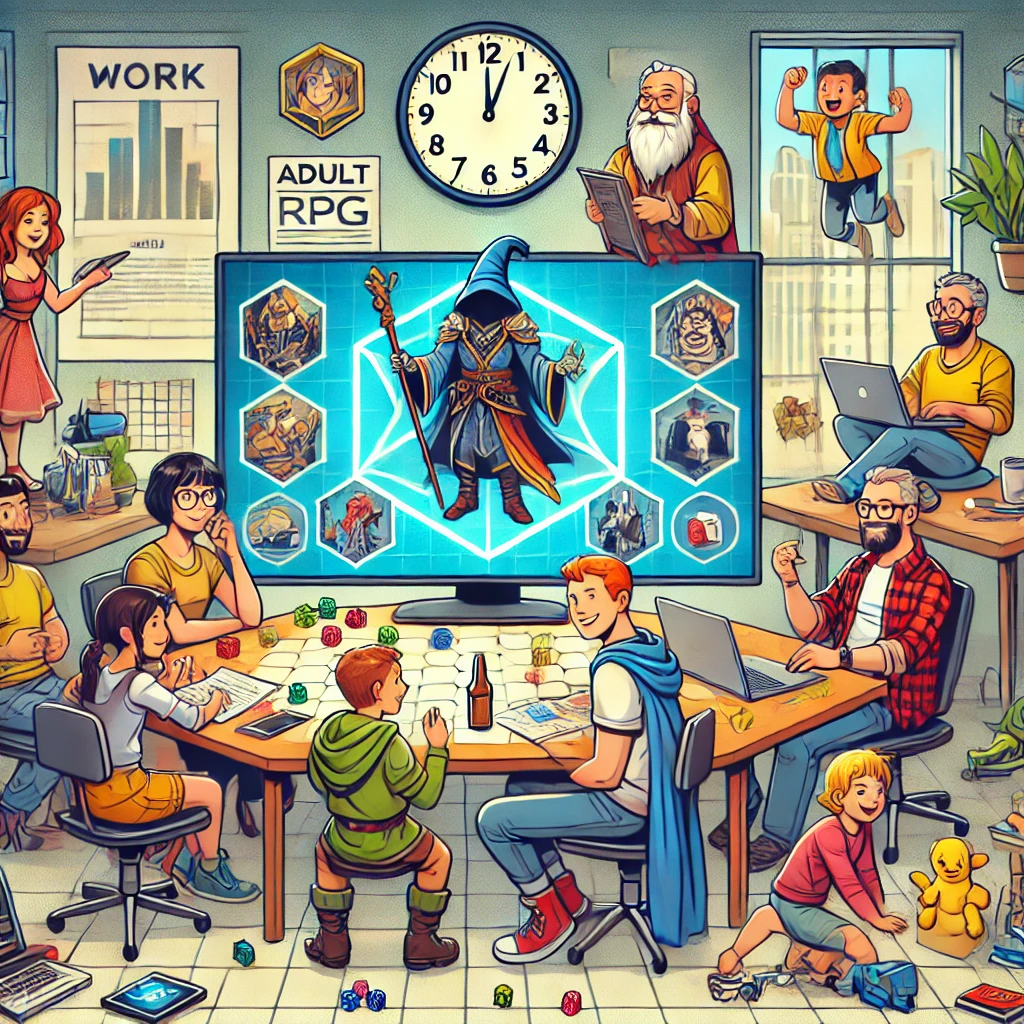Gathering a group of adventurers to save the kingdom is hard enough in Dungeons & Dragons. Add the challenge of aligning adult schedules, and it can feel like a quest designed by the cruelest Dungeon Master. For adult gamers, juggling work, family, and life commitments often means scheduling the next game session is harder than defeating a dragon.
But why is scheduling such a pain?
The Scheduling Conundrum
The problem boils down to competing priorities. Most adults have demanding jobs, school, kids, or other hobbies that vie for their time. Unlike when you were younger and could game into the night, adulthood comes with responsibilities. And let’s not forget unexpected emergencies or illnesses. Suddenly, that perfectly planned game night gets derailed.
In tabletop RPGs like D&D or the Cypher System, consistent attendance matters. Missing just one player can break immersion or disrupt key story beats. It’s especially tricky in story-driven games like Shadowrun, where the team’s hacker or face missing a session could mean rewriting half the mission.
Finding Solutions
While scheduling may never be easy, here are a few tricks to make it manageable:
- Pick a Regular Day: Choosing a consistent day (like every other Friday) creates a predictable routine. Everyone knows to keep that time blocked off.
- Use Scheduling Tools: Apps like Doodle or Google Calendar make it easy to find overlapping availability for busy adults. If tech-savvy, even Discord bots can help with reminders.
- Embrace Flexibility: If someone can’t make it, have a backup plan. Perhaps you play a one-shot using a lightweight system like Star-Fall RPG’s Open D6, or run a side story to keep momentum alive.
- Play Virtually: Online platforms like Roll20 and Foundry VTT allow players to join from anywhere, cutting out commuting time.
Scheduling may always be an obstacle, but with patience and creativity, it’s one that can be overcome. After all, the bonds formed around the gaming table make the effort worthwhile.


